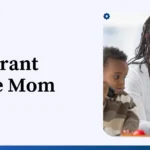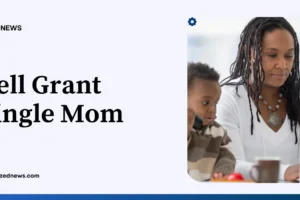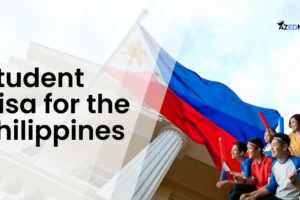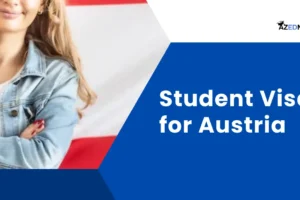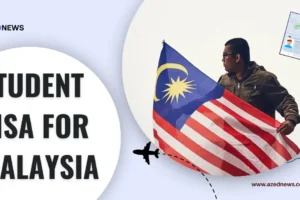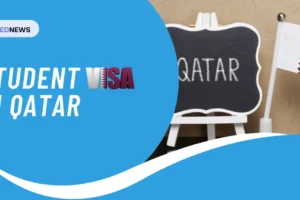If you are a single mom going to college, the Pell Grant single mom scheme can make things easier on your wallet. With all the bills you have to pay for your...
If you plan to study at one of Italy’s prestigious institutions, you must obtain a Student Visa for Italy. Italian institutions are some of the most...
To study in China, international students will need a Student Visa for China. International students will receive a demanding yet thorough education in China...
For those seeking an education in Thailand Student Visa requirements allow foreign students to experience the renowned hospitality of the “country of...
Are you searching detailed about Student Visa for the Philippines? then you are on the right article. The Philippines, a newly industrialized nation and rising...
Are you searching for information on Student Visa for Austria? then you are on the right place. Austria is one of the very few countries in the world that has...
If you are a student and planning to go to Canada, then you need a Student Visa for Canada. Canada, which is home to almost 500,000 international students, is...
If you plan to study in Malaysia, you will need a student visa for Malaysia. This visa is also known as a Malaysia Student Pass. Both terms mean the same thing...
Being a student in Qatar is surely going to be an enriching experience. International students have to apply for student visa in Qatar to be able to pursue...
If you want to study in South Korea, you will need a student visa for South Korea. This will let you stay and study in South Korea. This article will discuss...

